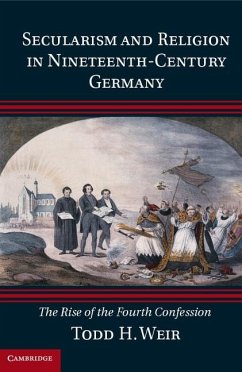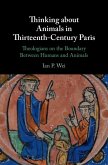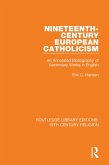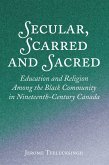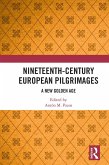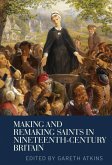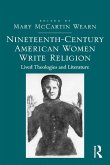Negotiating the boundaries of the secular and of the religious is a core aspect of modern experience. In mid-nineteenth-century Germany, secularism emerged to oppose church establishment, conservative orthodoxy, and national division between Catholics, Protestants, and Jews. Yet, as historian Todd H. Weir argues in this provocative book, early secularism was not the opposite of religion. It developed in the rationalist dissent of Free Religion and, even as secularism took more atheistic forms in Freethought and Monism, it was subject to the forces of the confessional system it sought to dismantle. Similar to its religious competitors, it elaborated a clear worldview, sustained social milieus, and was integrated into the political system. Secularism was, in many ways, Germany's fourth confession. While challenging assumptions about the causes and course of the Kulturkampf and modern antisemitism, this study casts new light on the history of popular science, radical politics, and social reform.
Dieser Download kann aus rechtlichen Gründen nur mit Rechnungsadresse in A, B, BG, CY, CZ, D, DK, EW, E, FIN, F, GR, HR, H, IRL, I, LT, L, LR, M, NL, PL, P, R, S, SLO, SK ausgeliefert werden.

